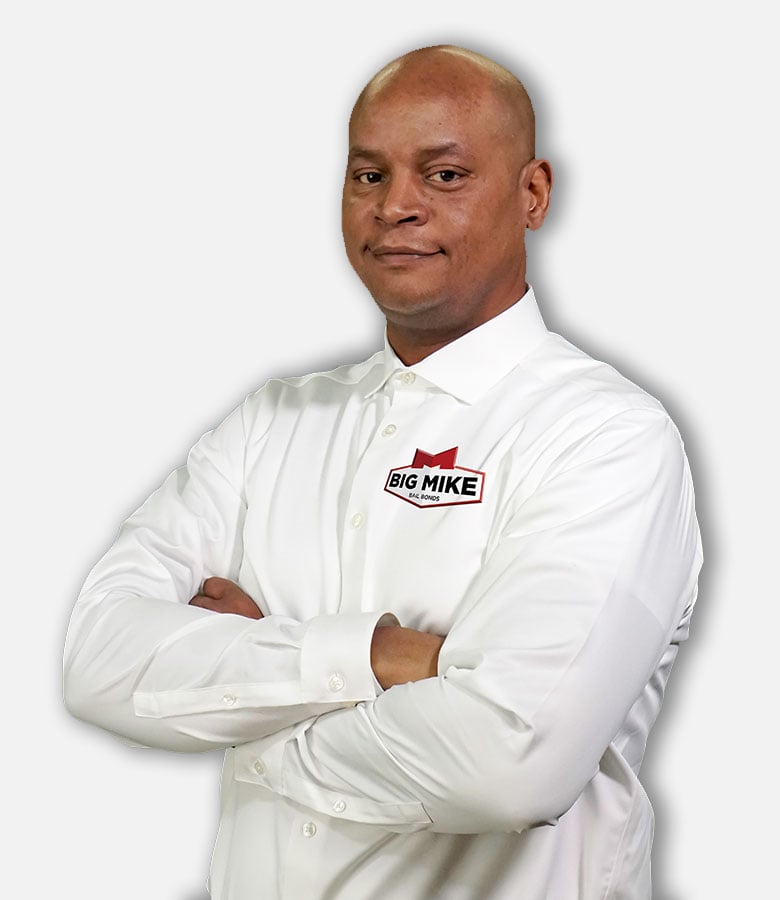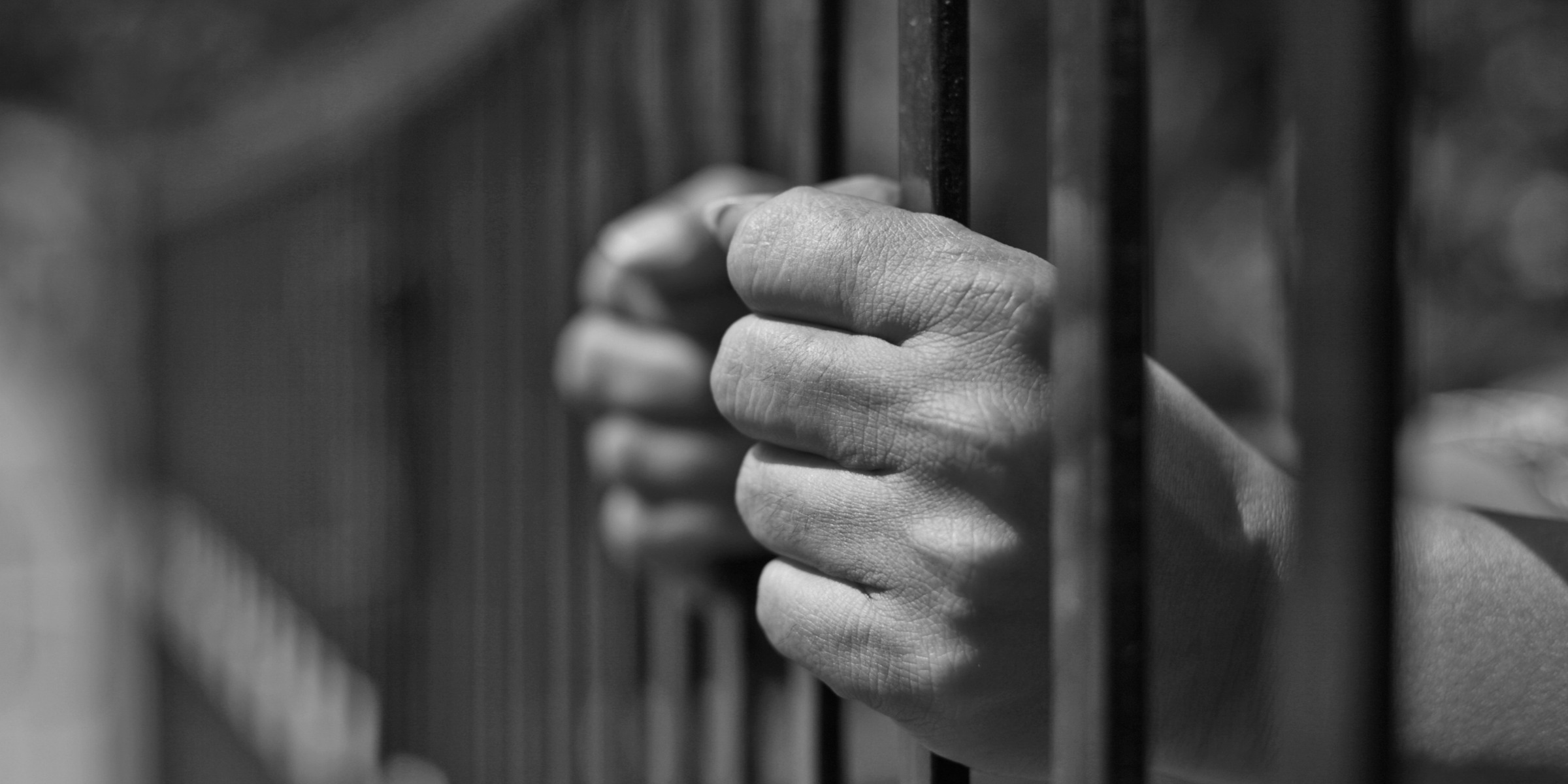When someone gets arrested in North Carolina, one of the first questions is: “Can I just post my own bail?” The answer is—sometimes. But like many things in the legal system, it depends on a few key details.
This guide explains when you’re allowed to post your own bail, when you’ll need a licensed bail bondsman, and how each option works so you or your loved one can make the best decision during a stressful time.
What Is Bail, Exactly?
Bail is a financial arrangement that allows someone accused of a crime to be released from jail while awaiting trial. Think of it as insurance: the money or bond ensures the defendant will show up for their scheduled court dates.
In North Carolina, bail can be paid in a few different ways:
- Cash (directly to the court or jail)
- Through a licensed bail bondsman
- By a written promise or unsecured bond, depending on the charge
Bail is not a punishment—it’s a temporary measure meant to keep people out of jail while still ensuring court compliance.
Read our blogs to learn more about bail, bail bonds, and how the process works.
Yes, You Can Post Your Own Bail, But…
Technically, anyone can post their own bail if the court allows it and they can pay the entire amount in cash. That’s a big “if.”
Here’s when you can post your own bail:
- You have access to the full bail amount
- The judge doesn’t require a licensed surety
- The charges are eligible for cash bail release
However, even relatively low bail amounts—$1,000 to $5,000—can be hard to pay in full, especially if you’re in jail and can’t access your bank or get funds transferred easily.
For a deeper look at bail forms used across the U.S., check out Nolo’s overview of acceptable bail types.
Three Ways Bail Works in North Carolina
1. Cash Bond (Posting Your Own Bail)
You (or someone acting on your behalf) pays the full bail amount in cash directly to the court or jail. If all court appearances are made, the money is typically refunded—minus any court costs or fees.
Pros:
- You don’t owe anyone interest or fees
- Full amount is returned if conditions are met
Cons:
- Must have 100% of the cash upfront
- Funds are tied up until the case concludes
2. Surety Bond (Using a Bail Bondsman)
This is the most common option. You pay a licensed bail bondsman (like Big Mike) a non-refundable fee, typically 10–15% of the full bail amount. The bondsman then posts the full bail with the court.
Pros:
- No need to come up with the full amount
- Fast release, 24/7 availability
- Payment plans or collateral may be accepted
Cons:
- The fee isn’t returned
- Requires working with a licensed professional
3. Unsecured Bond or Written Promise to Appear
In low-level cases, the judge may release a defendant based on a written agreement to appear in court—no upfront money required.
If the defendant fails to show up, they’ll owe the full bail amount and may face additional charges.
Learn more in our blog about unsecured bonds and court promises.
When You Can’t Post Your Own Bail
Even if you want to post your own bail, you may not be allowed to if:
- Your bail is too high and you don’t have access to the full amount
- The judge requires a surety bond through a licensed bondsman
- You’re on a no-bond hold due to a probation violation, previous flight risk, or other serious charge
Learn how a bail bond works with Big Mike Bail Bonds if you’re unsure which category your case falls into.
The Pros & Cons of Posting Your Own Bail
|
Pros |
Cons |
|
No third-party fees |
Must pay full amount upfront |
|
You get the money back |
Risk losing funds if court is missed |
|
More personal control |
Can delay release if funds aren’t accessible |
Why Most People Choose a Bail Bondsman
Even if someone technically can post their own bail, it’s often not the most practical choice. That’s why many people turn to a licensed bail bondsman.
Here’s why:
- Fast release, even without full cash in hand
- Flexible payment options, including payment plans
- Trusted guidance on paperwork, court dates, and legal expectations
- 24/7 availability, including nights, weekends, and holidays
If you’re ready to get started, fill out our bond application or call us anytime—we’re ready when you are.
FAQs: Posting Your Own Bail
Can I use a credit card or check to post bail?
Most jails only accept cash or certified funds. Some counties offer online bail payment portals, but availability varies.
Can a family member or friend post my bail for me?
Yes. A loved one can post cash bail on your behalf, or work with a bondsman like Big Mike to secure a surety bond.
Do I still need a bondsman if I have the full amount in cash?
Not necessarily. However, if you’re unsure of the process or want a faster release, working with a bondsman may still be the best option.
Know Your Options, Protect Your Future
Yes, you can post your own bail in North Carolina. But it’s not always practical, fast, or easy. Whether you’re dealing with a low-level charge or facing a high bail amount, knowing your options can help you make the smartest call.
If you’re not sure what your next step should be, we’re here to help.
Contact Big Mike Bail Bonds today. We'll talk you through the best solution for your case. No pressure, just honest answers and fast help when you need it most.

July 22, 2025
